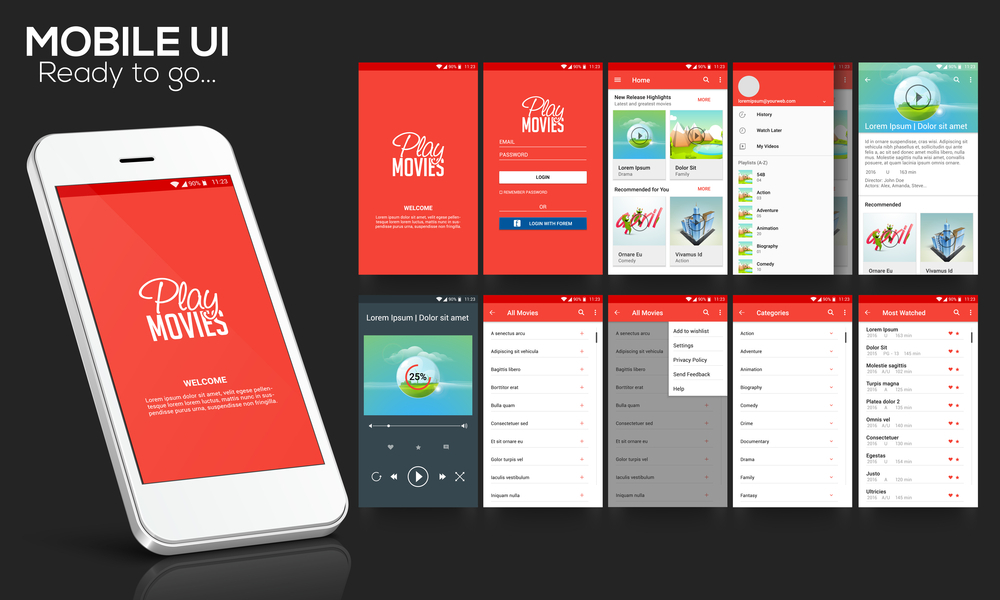
Mobile App Development
Mobile app
development is the process of creating software applications that are designed
to run on mobile devices such as smartphones and tablets. These applications
can be built for various platforms, including iOS (Apple's operating system)
and Android (Google's operating system), which are the two dominant mobile
platforms.
The mobile app
development process typically involves several stages:
1. Idea and
Planning: This is where you conceptualize your app idea and outline its
features, functionality, and target audience. You'll also need to plan the user
interface (UI) and user experience (UX) design.
2. Design: In this
phase, you create wireframes, prototypes, and visual designs for your app.
Design considerations include the app's layout, color scheme, typography, and
overall aesthetics.
3. Development: This is
where the actual coding takes place. You'll use programming languages and
frameworks specific to the platform you're targeting (Swift or Objective-C for
iOS, and Java or Kotlin for Android, for example). Cross-platform frameworks
like React Native, Flutter, and Xamarin allow developers to write code that
works on both iOS and Android.
4. Testing: Thorough
testing is essential to ensure your app works as intended. This includes
functional testing, usability testing, performance testing, and compatibility
testing on different devices and operating system versions.
5. Debugging and
Refinement: Based on testing results, you'll need to identify and fix bugs,
improve performance, and refine the user experience.
6. Deployment: Once
your app is ready, you submit it to the respective app stores (Apple App Store
for iOS, Google Play Store for Android). Each store has its own review process,
and upon approval, your app becomes available for download by users.
7. Maintenance and
Updates: After launch, you'll need to provide ongoing support, fix any
new issues that arise, and release updates to add new features, improve
security, and enhance performance.
Key points to consider in mobile app development:
- Platform: Decide
whether you want to develop your app for iOS, Android, or both. This decision
affects the programming languages, tools, and frameworks you'll use.
- Native vs.
Cross-Platform: Native apps are built specifically for one
platform using the platform's native programming languages and tools.
Cross-platform frameworks allow you to write code that works on multiple
platforms, potentially saving development time.
- User Experience: User
experience is crucial. A well-designed and intuitive app will attract and
retain users.
- Performance: Mobile
apps should be responsive and perform well, even on devices with varying
hardware capabilities.
- Security: Mobile
apps often deal with sensitive user data. Implementing strong security measures
is essential to protect user information.
- Updates:
Regularly updating your app with new features and bug fixes keeps users engaged
and satisfied.
- Monetization: Consider
how you'll make money from your app, whether through upfront purchases, in-app purchases,
ads, subscriptions, or other models.
Mobile app development is a complex and dynamic field, with
technologies and best practices constantly evolving. It's important to stay
up-to-date with the latest trends and tools to create successful and impactful
apps.
.png)





















